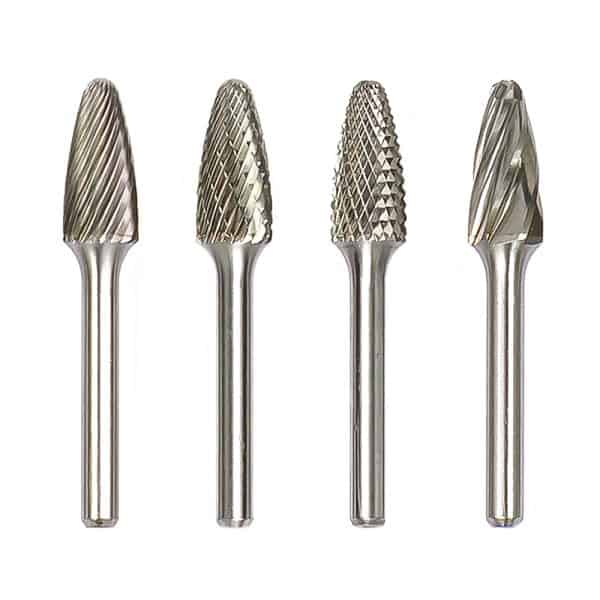End Mills Manufacturer
Choosing the right end mills manufacturer is crucial for achieving precision and efficiency in machining. This guide explores key factors to consider when selecting a manufacturer, different types of end mills, their applications, and essential tips for optimal performance and longevity. It aims to equip you with the knowledge to make informed decisions and maximize your machining operations.
Understanding End Mills
What are End Mills?
End mills are cutting tools used in milling machines or CNC machining centers to remove material through rotary motion. They are characterized by their fluted cutting edges that can cut axially (down the center) or radially (along the sides). Their versatility makes them indispensable in various industries.
Types of End Mills
The world of end mills is diverse, catering to specific materials and machining needs. Here's a look at some common types:
- Square End Mills: General-purpose tools for profiling, slotting, and plunging.
- Ball Nose End Mills: Create contoured and radiused surfaces, ideal for die and mold making.
- Bull Nose End Mills: Combine the features of square and ball nose end mills, offering strength and radius capabilities.
- Roughing End Mills: Designed for rapid material removal with serrated or chip-breaker edges.
- Finishing End Mills: Produce smooth surface finishes with multiple flutes and tight tolerances.
- Corner Rounding End Mills: Create precise corner radii with a specific radius cutting edge.
- Thread End Mills: Precisely create internal threads.
Choosing the Right End Mills Manufacturer
Selecting the right end mills manufacturer is a critical decision that impacts the quality of your machined parts, the efficiency of your operations, and your overall profitability. Here's what to consider:
Quality and Materials
The quality of the end mills starts with the materials used. High-speed steel (HSS), cobalt, and carbide are common choices. Carbide end mills, especially those with coatings like TiAlN (Titanium Aluminum Nitride), offer superior hardness, wear resistance, and heat resistance, making them ideal for machining abrasive materials and high-speed cutting. Ensure the manufacturer uses high-quality raw materials and adheres to strict quality control processes.
Precision and Tolerances
Precision is paramount in machining. The end mills manufacturer should be capable of producing tools with tight tolerances and consistent dimensions. Look for manufacturers that employ advanced grinding techniques and inspection equipment to ensure accuracy.
Range of Products
A good manufacturer offers a wide range of end mills in different sizes, shapes, and materials to suit various applications. This allows you to source all your tooling needs from a single supplier, simplifying procurement and ensuring compatibility.
Customization Options
Sometimes, standard end mills may not be suitable for your specific needs. A manufacturer that offers customization options can tailor tools to your exact requirements, optimizing performance and reducing machining time. Wayleading Tools, for example, can provide custom solutions based on your specific drawings and material requirements.
Coatings
Coatings enhance the performance and lifespan of end mills. Common coatings include:
- TiN (Titanium Nitride): General-purpose coating for increased hardness and wear resistance.
- TiAlN (Titanium Aluminum Nitride): High-performance coating for high-speed machining and abrasive materials.
- DLC (Diamond-Like Carbon): Low friction coating for non-ferrous materials like aluminum and copper.
- CrN (Chromium Nitride): Excellent for machining stainless steel and other difficult-to-cut materials.
Ensure the manufacturer uses high-quality coatings applied with consistent thickness and adhesion.
Price and Value
While price is a factor, it shouldn't be the only consideration. Focus on the overall value, which includes quality, performance, lifespan, and customer support. Cheaper end mills may initially save money but could result in frequent replacements, increased downtime, and lower quality parts. Look for a manufacturer that offers competitive pricing without compromising quality.
Lead Time and Availability
Timely delivery is crucial to avoid production delays. Choose a manufacturer with efficient production processes and reliable logistics to ensure your end mills are delivered on time. Inquire about their stock levels and lead times for standard and custom tools.
Technical Support
A reputable end mills manufacturer should provide excellent technical support to assist you with tool selection, application, and troubleshooting. They should have knowledgeable engineers who can answer your questions and offer solutions to your machining challenges.
Reputation and Reviews
Research the manufacturer's reputation by reading online reviews, testimonials, and case studies. Look for feedback on their product quality, customer service, and reliability. A manufacturer with a proven track record is more likely to deliver satisfactory results.
Applications of End Mills
End mills are used in a wide range of industries and applications, including:
- Aerospace: Machining aircraft components from aluminum, titanium, and composite materials.
- Automotive: Manufacturing engine parts, chassis components, and molds for plastic parts.
- Medical: Producing surgical instruments, implants, and medical devices with high precision.
- Mold and Die Making: Creating complex molds and dies for plastic injection molding, die casting, and forging.
- Electronics: Machining circuit boards, housings, and connectors.
- General Manufacturing: Producing a wide variety of parts from metals, plastics, and composites.
Tips for Optimal End Mill Performance and Longevity
Proper usage and maintenance are crucial for maximizing the performance and lifespan of your end mills. Here are some tips:
- Choose the Right Tool: Select the appropriate end mill type, size, and material for the specific material and machining operation.
- Use Proper Cutting Parameters: Follow the manufacturer's recommended cutting speeds, feed rates, and depths of cut.
- Coolant and Lubrication: Use adequate coolant or lubricant to reduce heat, friction, and chip welding.
- Sharpness: Regularly inspect your end mills for wear and sharpness. Replace or resharpen dull tools to prevent poor surface finishes and increased cutting forces.
- Proper Tool Holding: Use high-quality tool holders that provide secure clamping and minimize runout.
- Cleanliness: Keep your end mills and machine clean to prevent contamination and damage.
- Storage: Store end mills in protective containers to prevent damage and corrosion.
Table: Common End Mill Materials and Their Applications
| Material | Applications | Pros | Cons |
|---|---|---|---|
| High-Speed Steel (HSS) | General-purpose machining, low-speed applications | Lower cost, good toughness | Lower hardness, less heat resistance |
| Cobalt Steel | Machining tougher materials like stainless steel | Higher hardness and heat resistance than HSS | More brittle than HSS, higher cost |
| Carbide | High-speed machining, abrasive materials, high-volume production | Very high hardness and heat resistance, long tool life | More brittle than HSS and Cobalt, highest cost |
Conclusion
Selecting the right end mills manufacturer and using the appropriate tools and techniques are essential for achieving optimal machining results. By considering the factors discussed in this guide, you can make informed decisions that improve your productivity, reduce costs, and enhance the quality of your machined parts. For high-quality end mills and custom tooling solutions, consider Wayleading Tools. Their commitment to precision and customer satisfaction makes them a reliable partner for your machining needs. Remember to always prioritize quality and performance to ensure long-term success in your machining operations.
Related products
Related products
Best selling products
Best selling products-
 Precision Dial Caliper Of Double Shock-Proof For Industrial
Precision Dial Caliper Of Double Shock-Proof For Industrial -
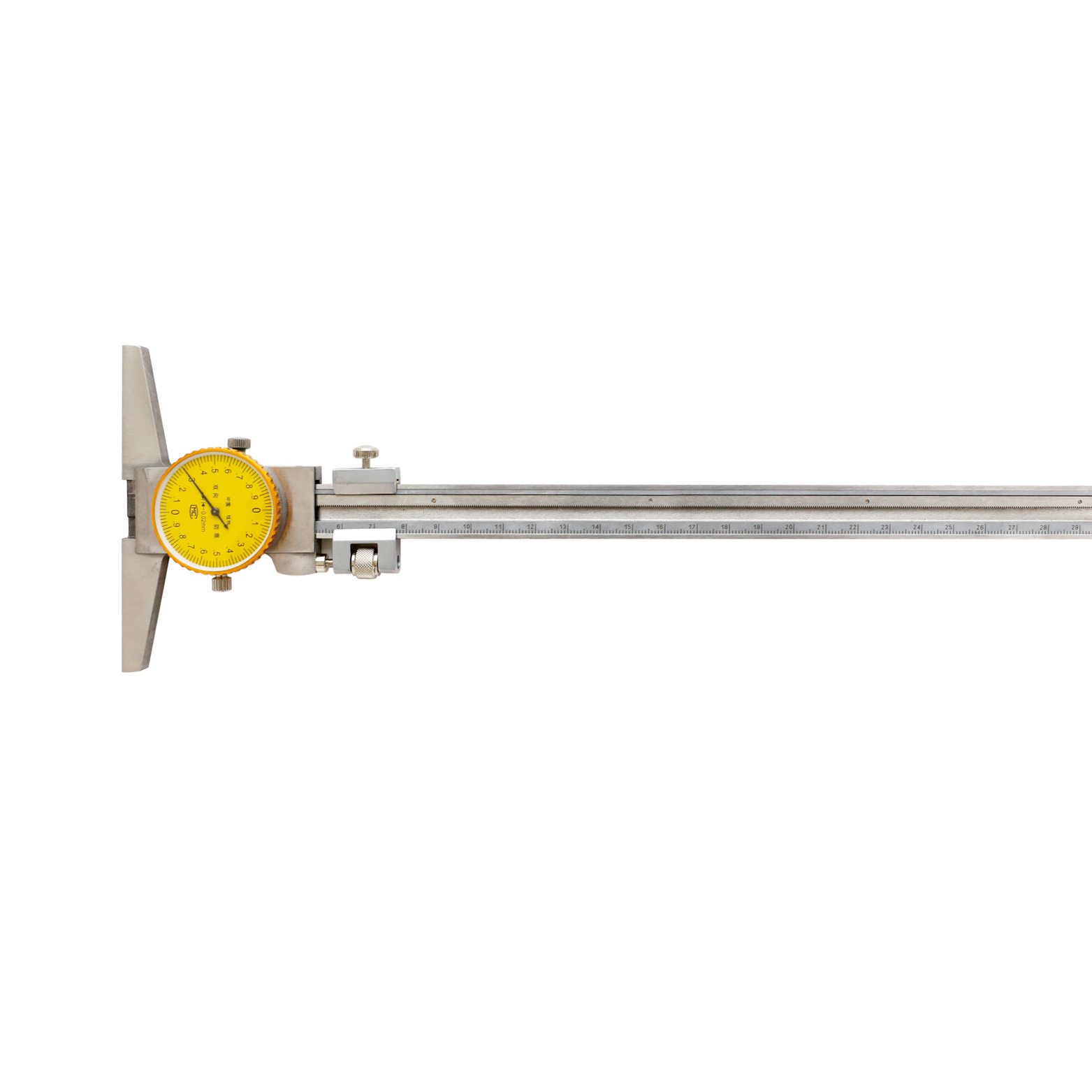 Dial Depth Gauge With Stainless Steel For Industrial Type
Dial Depth Gauge With Stainless Steel For Industrial Type -
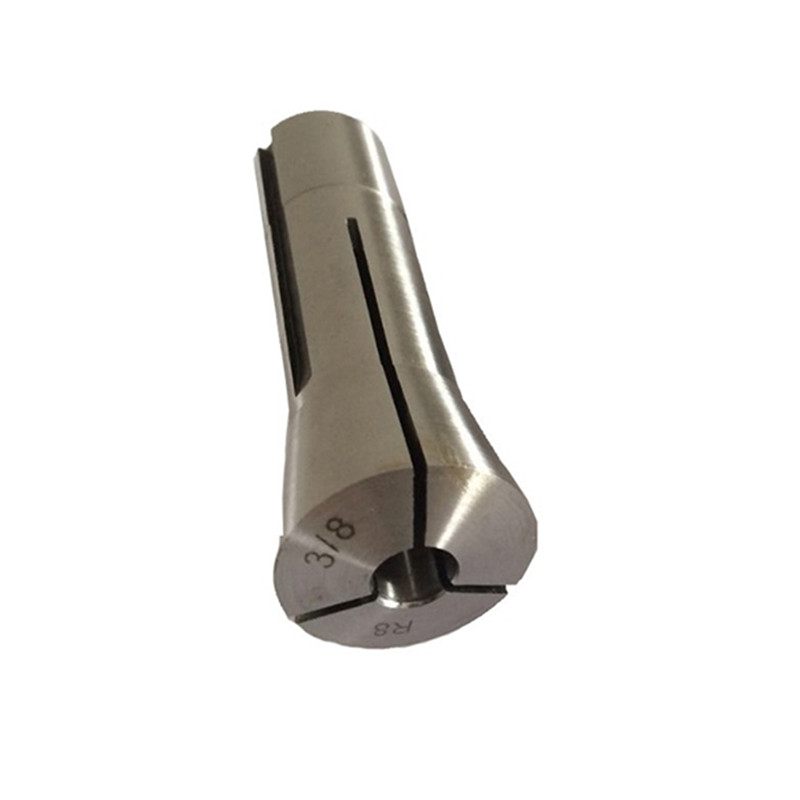 R8 Round Collet With Inch and Metric Size
R8 Round Collet With Inch and Metric Size -
 Precision Vernier Caliper With Nib Style Jaws Of Metric & Imperial For Industrial
Precision Vernier Caliper With Nib Style Jaws Of Metric & Imperial For Industrial -
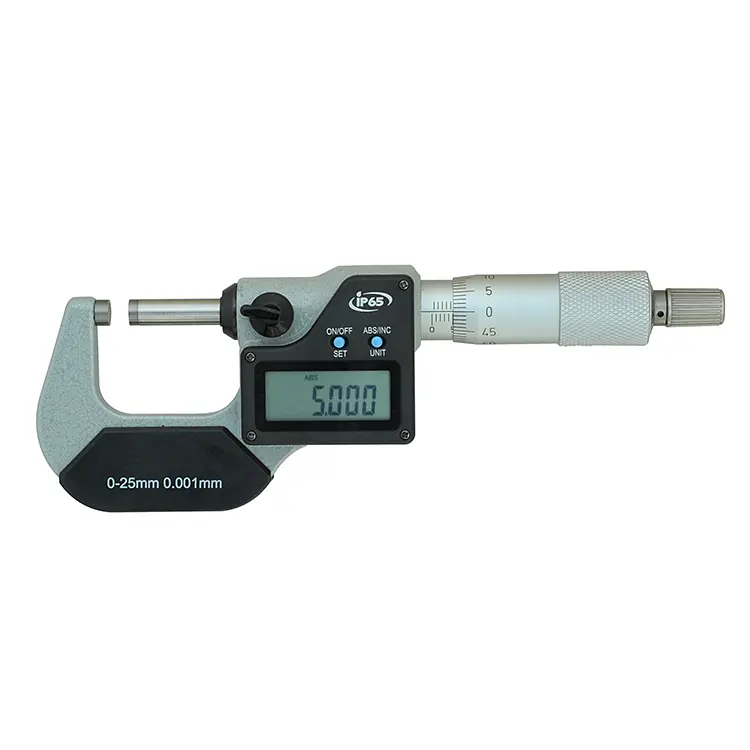 Precision IP65 Digital Outside Micrometer Of Inch & Metric With Data Output
Precision IP65 Digital Outside Micrometer Of Inch & Metric With Data Output -
 HSS ISO Metric Round Die Wieh Splite Or Adjustable Splite Type
HSS ISO Metric Round Die Wieh Splite Or Adjustable Splite Type -
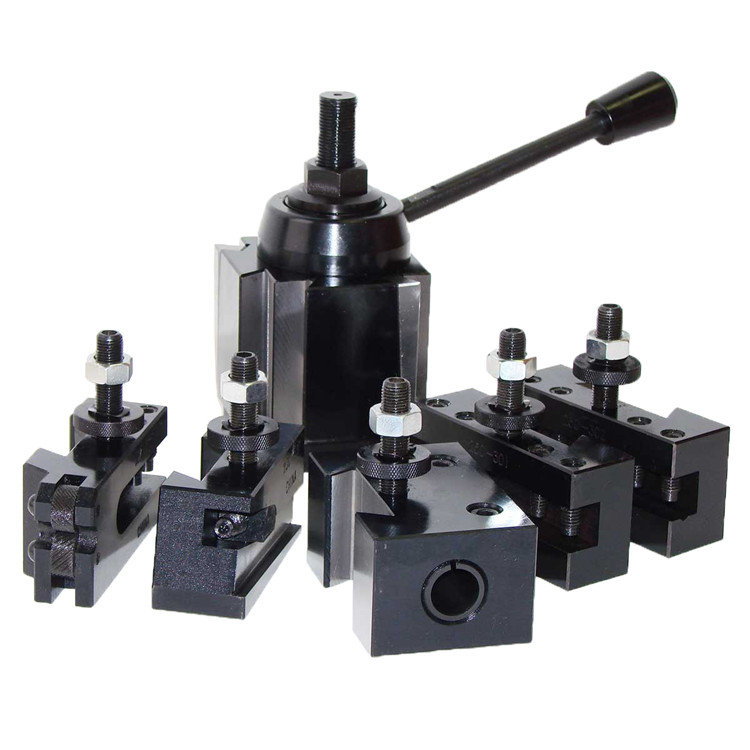 Wedge Type Quick Change Tool Post Set In lathe Machine
Wedge Type Quick Change Tool Post Set In lathe Machine -
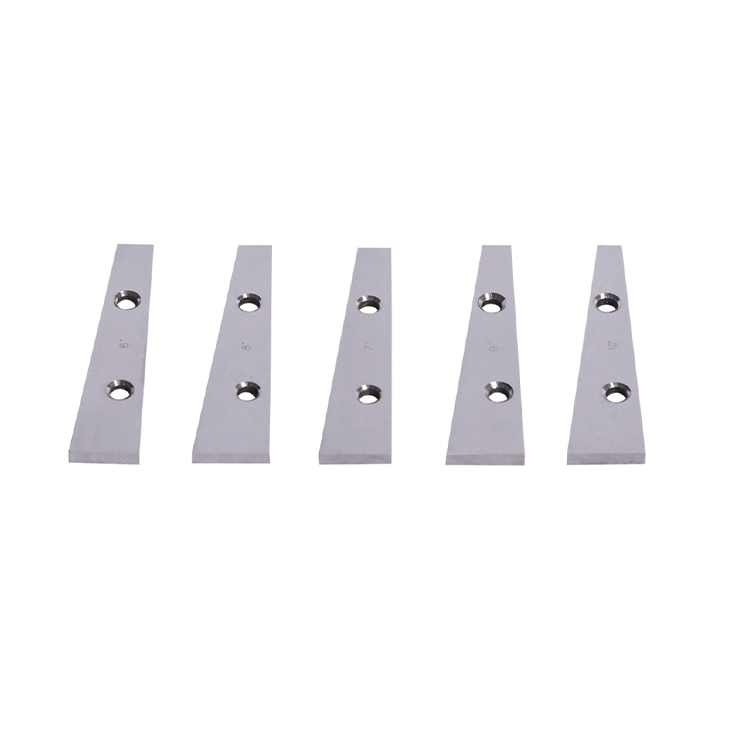 Precision 5pcs & 6pcs Angle Blocks Set With High Quality Type
Precision 5pcs & 6pcs Angle Blocks Set With High Quality Type -
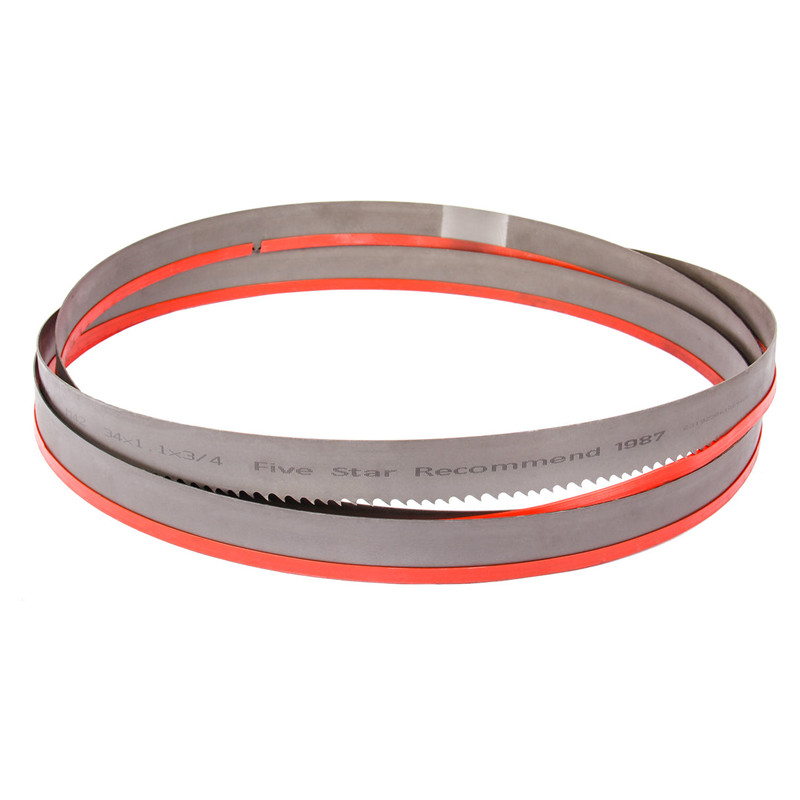 M51 Bi-Metal Bandsaw Blades For Industrial Type
M51 Bi-Metal Bandsaw Blades For Industrial Type -
 9PCS Broken Tap Extractor Set With Storage Box
9PCS Broken Tap Extractor Set With Storage Box -
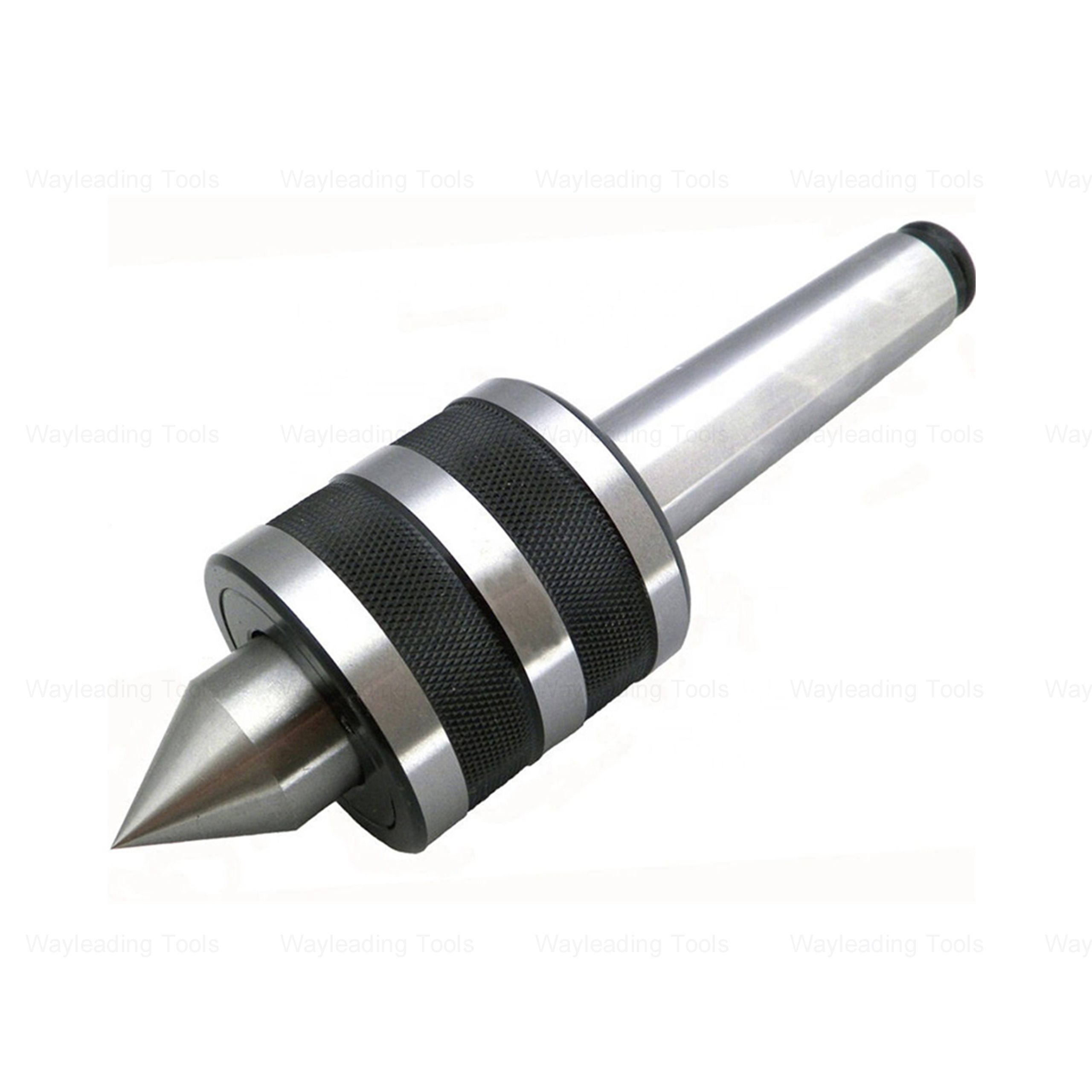 High Precision Medium-Duty Live Center – Hardened Tip, Morse Taper Shank
High Precision Medium-Duty Live Center – Hardened Tip, Morse Taper Shank -
 Precision Outside Micrometer Of Inch & Metric With Rachet Stop
Precision Outside Micrometer Of Inch & Metric With Rachet Stop








